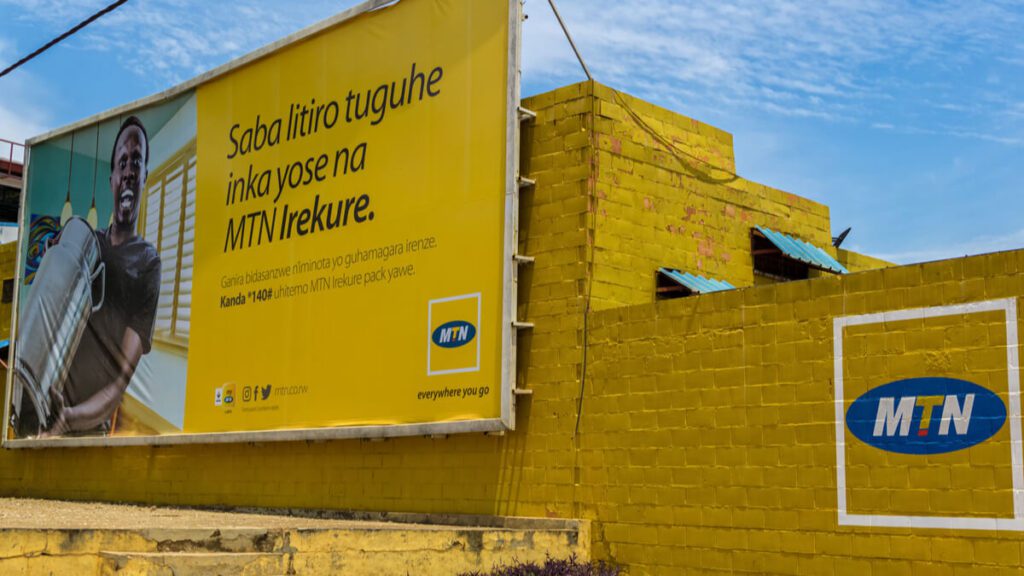
South Africa’s MTN have expressed their unlikeliness to resubmit a bid to enter Ethiopia’s telecoms market, Bloomberg reported citing sources familiar with the matter.
The company’s possible move, came after Ethiopia announced earlier this week plans to re-open bidding on second operator license including the right to operate mobile financial services.
This comes as a surprise to many, as the operator had previously expressed interest in entering Ethiopian market, as MTN was pushing for a second bid following its first faltering bid of $600 million.
Many analysts consider that MTN’s bow out of the Ethiopia is mainly due to its inability to offer mobile money services throughout the country. The government had previously shifted the rules following the first deadline, stating that licensees could only offer telecom services only, leaving out mobile money deals and services.
However, this has also been tracked back, Balcha Reba, director general of the Ethiopian Communication Authority, stated earlier this week that they “have made some changes that can uplift its value, for instance mobile financial service.”
MTN along with the Ethiopian minister of finance failed to voice an official statement regarding the circulated talks. The telecom giant considers that the investment risk is starting to outweigh the benefits, according to Bloomberg’s sources.
The civil war in the north of Ethiopia and tensions around a new giant dam on the Nile, can be major factors for MTN to step back, as the country needs around 7,000 – 8,000 new mobile towers to increase coverage in the area.
Building these new towers carries additional risk in times of unrest, according to sources familiar with the matter.
Additionally, rumors have spread that MTN’s first bid was rejected due to its backing by Chinese investors. While the winning bid from the Safaricom consortium had financial backing from the U.S. Development Finance Corporation (DFC).
However, there are no official comments concerning these claims. Yet, if found true, the Ethiopian government may shorten their list of operator candidates to choose from for both their privatization efforts and sale of licenses.
It is important to note that Ethiopia is currently working on liberalizing its telecoms sector, as state-run Ethio Telecom are auctioning 40 percent of its stake to private investors.
On the other side of the aisle, MTN confirmed during its half- year statement that the renewal of its license in Rwanda is considered effective since the beginning of July 2021.
As for the financial details, the co mpany unveiled that it paid 70 percent of the $75.7 million renewal fee, with a remaining 30 percent due by July 2022.
The new concession is valid for ten years.
According to the firm, the license fee along with MTN Rwanda‘s ongoing operational and investment requirements were funded by cash generated from operations and supplementary funding from local banks.